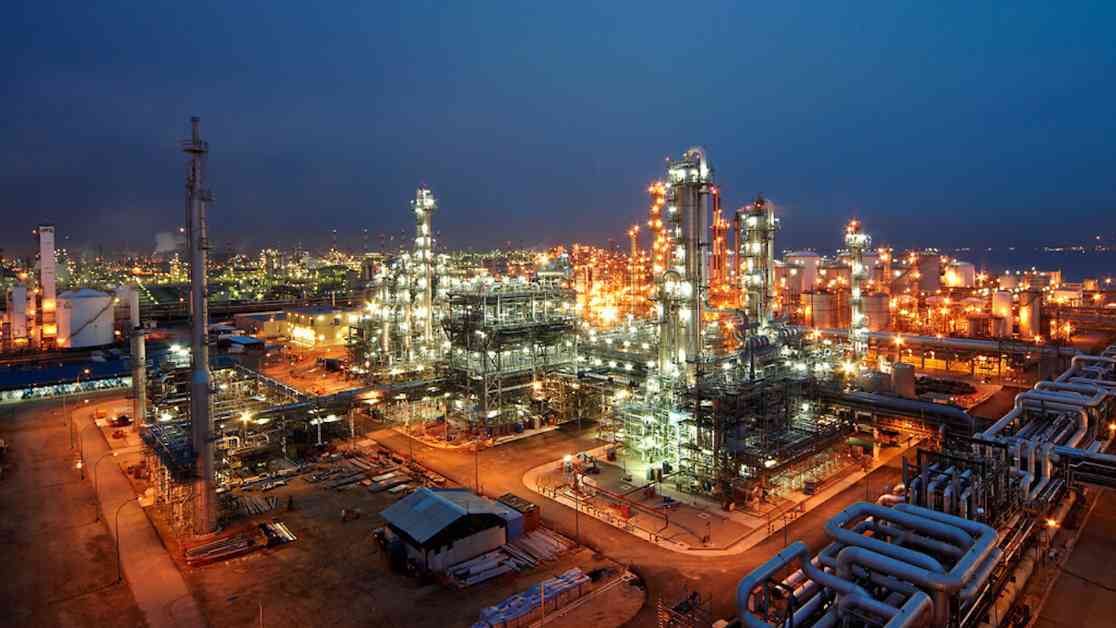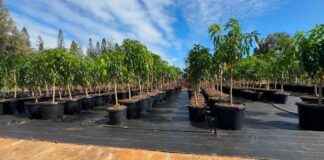Mitsubishi Cancels $1.3B Chemical Plant in Louisiana’s Cancer Alley
Mitsubishi Chemical Group has decided to cancel its plans for a $1.3 billion chemical plant in the heart of Louisiana’s industrial corridor, much to the delight of environmental groups and local residents. The plant, which would have been the largest of its kind in the world and located in Geismar, was expected to produce a significant amount of methyl methacrylate, a colorless liquid used in various consumer products.
Environmental Victory for Louisiana
Environmental activists and local residents are celebrating Mitsubishi’s decision to drop the project, citing concerns about air pollution and the health implications for nearby communities. The cancellation comes after a decade of planning and growing opposition to the plant, which was expected to be a major polluter releasing harmful chemicals into the air.
According to Gail LeBoeuf from Inclusive Louisiana, the communities in the area have been actively fighting back against the project, causing delays and financial losses for Mitsubishi. The nonprofit group Beyond Petrochemical hailed the cancellation as a major victory for the health and safety of Louisianans.
Local Impact and Opposition
Residents of Geismar, especially those living near existing chemical facilities, are relieved that the plant will not be constructed, as it would have added to the already high levels of air pollution in the area. Many residents, including Pamela Ambeau, have expressed concerns about the impact of the plant on their health and quality of life.
The cancellation of Mitsubishi’s project is part of a trend in Cancer Alley, where local activism has successfully halted several industrial projects in recent years. The failure of the plant is a blow to Louisiana’s economic development plans, as it was expected to create hundreds of jobs and receive substantial state subsidies.
Economic Factors and Community Sentiment
Mitsubishi cited rising costs and declining demand for methyl methacrylate as reasons for cancelling the project. A report on the plant’s viability highlighted global oversupply issues and fierce local opposition as contributing factors to its failure.
The Institute for Energy Economics and Financial Analysis warned that the project could have become embroiled in a decades-long dispute involving racial inequality and environmental justice issues. The combination of market weaknesses and public opposition ultimately led to Mitsubishi’s decision to abandon the project.
In conclusion, the cancellation of the $1.3 billion chemical plant in Louisiana’s Cancer Alley represents a significant victory for environmental activists and local residents. The decision underscores the growing influence of community sentiment on industrial projects and the importance of sustainable development in environmentally vulnerable areas.














